After the Covid-19 pandemic, the sensitivity of many bacteria to antibiotics tends to decrease, including new groups of antibiotics, which are prioritized for treating respiratory infections.
This information was shared by experts at the Scientific Conference of the Vietnam Respiratory Society - French-Vietnamese Pulmonary Association, on the morning of November 4.
The conference was held to celebrate the 50th anniversary of Vietnam-France diplomatic relations and the 30th anniversary of France-Vietnam medical cooperation. More than 1,000 experts and doctors from Vietnam, France, and Australia discussed solutions to manage antibiotic resistance and lung damage after Covid-19.
People's Physician, Professor, Doctor Ngo Quy Chau, President of the Vietnam Respiratory Association, Professional Director of Tam Anh General Hospital in Hanoi , said that Vietnam is one of the countries with increasing antibiotic resistance in recent years. The cause is the unreasonable use of antibiotics such as unreasonable prescription, poor control of hospital infections, use of antibiotics in aquaculture, in animal husbandry and in the community... In particular, people's arbitrary use of antibiotics, arbitrarily increasing or decreasing or skipping doses also increases the risk of antibiotic resistance.
During the Covid-19 pandemic, many bacterial and fungal infections, including tuberculosis, were not diagnosed and treated due to the closure of outpatient clinics. "People are afraid and limit their visits to the doctor, so the pathogens may not be completely contained, leading to the risk of spreading and drug resistance," said Professor Chau.
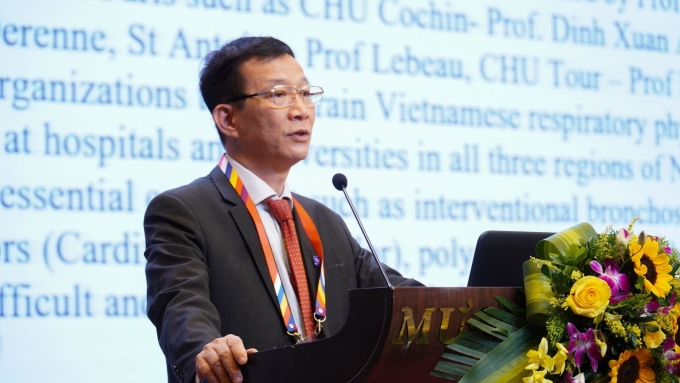
Professor Ngo Quy Chau speaks at the opening ceremony of the conference. Photo: Tam Anh Hospital
Meritorious physician, associate professor, PhD Chu Thi Hanh, Vice President of the Vietnam Respiratory Association, Head of the Respiratory Department, Tam Anh General Hospital, Hanoi, said that the first-line antibiotics chosen for the treatment of community-acquired respiratory infections include three main types: penicillin, cephalosporin and macrolide. Research results from many published works in Vietnam and around the world show that the sensitivity of bacteria to these antibiotics is currently decreasing, and the level of resistance is even at an alarmingly high level.
In a 2021 analysis, the US Centers for Disease Control and Prevention (CDC) reported that the rate of hospital-acquired infections (HAIs) in the US increased significantly in 2020, when the Covid-19 pandemic emerged. Many of these HAIs were resistant to antibiotics or antifungal drugs. Several other studies on antibiotic resistance after the Covid-19 pandemic, such as studies in South Korea and the US, also showed an increase in drug-resistant bacteria after the pandemic.
Reporting at the conference, Prof. Dr. Hans Liu, Bryn Mawr Hospital, USA, said that the world is lacking inventions of new groups of antibiotics. There have been no inventions of new antibiotics in the past 10 years, while the number of antibiotic-resistant bacteria has increased sharply, especially after the Covid-19 pandemic. "Use the best antibiotics for the indication, stop using antibiotics when no longer necessary with a shorter course to reduce antibiotic resistance," said Prof. Hans.
"Rational use of antibiotics, enhanced infection prevention and control in non-hospital settings, such as nursing homes and long-term care facilities, and proactive disease prevention through vaccination help reduce the burden of antibiotic resistance," said Professor Chau.
During the conference, experts also discussed in depth the reality of lung damage in people with prolonged Covid-19. According to Associate Professor Hanh, the duration of Covid-19 is not just a few months as many patients think. "There are many cases where lung damage from Covid-19 still occurs after 1-2 years," Associate Professor Hanh said.
Pulmonary sequelae in long-term Covid-19 patients manifest at different levels of severity, from difficulty breathing to severe lung damage, requiring ventilator dependence. Some of the most common persistent symptoms are difficulty breathing, reduced mobility and decreased blood oxygen, prolonged cough, chest pain. In severe Covid-19 patients, after recovery, pulmonary fibrosis may also occur.
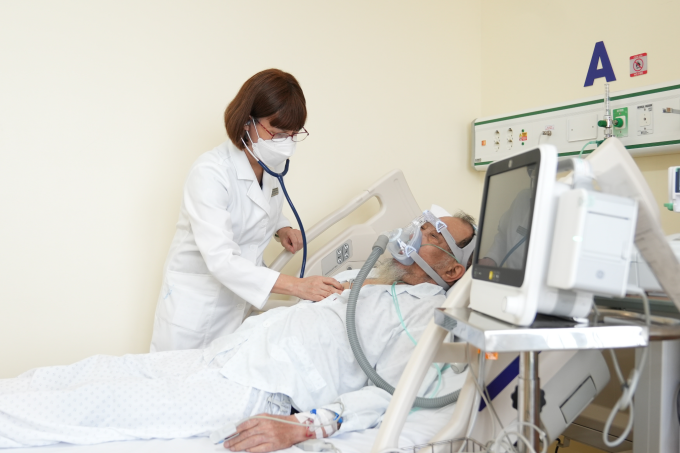
Associate Professor Hanh examines a patient with lung disease. Photo: Tam Anh Hospital
Speaking at the conference, Associate Professor, Dr. Luong Ngoc Khue, Director of the Department of Medical Examination and Treatment Management (Ministry of Health), said that thanks to the active coordination between the Ministry of Health and professional associations, especially the respiratory sector, the fight against Covid-19 has achieved many results. Vietnam has officially transferred Covid-19 from group A infectious disease to group B. However, many challenges remain. In recent years, Vietnamese respiratory scientists have strengthened international scientific cooperation to update scientific knowledge on guidelines for diagnosis, treatment and prevention of respiratory diseases.
Associate Professor, Dr. Nguyen Thi Xuyen, President of the Vietnam Medical Association, stated that the current situation of respiratory diseases is increasingly complicated. In addition to classic diseases, there are also new diseases that have never been seen before, causing difficulties in diagnosis, treatment and monitoring of patients. The complex and unpredictable developments of infectious respiratory diseases and the antibiotic resistance of bacteria also make diagnosis and treatment difficult. The Vietnam Respiratory Association has made significant contributions to strengthening health education and communication, training, updating medical knowledge for doctors, and improving the quality of medical examination and treatment.
This year's conference featured 137 presentations by nearly 90 experts and doctors, more than half of whom came from Vietnam, France, the US, Japan, and Australia. Many practical topics were discussed, such as updates on diagnosis and treatment of asthma, chronic obstructive pulmonary disease, lung cancer, sleep apnea, interstitial lung disease, pediatric respiratory issues, and thoracic surgery.
Many new diagnostic and treatment techniques were shared such as bronchoscopy with ultrasound, non-invasive mechanical ventilation to treat sleep apnea, minimally invasive lung surgery, lung biopsy to diagnose early lung cancer, endovascular intervention in some respiratory diseases such as arteriovenous fistula, and strategies to prevent and treat hospital-acquired pneumonia.
"This is an opportunity for domestic and foreign doctors to update the world's latest advances in the respiratory field, and identify new challenges in medical examination and treatment in the post-Covid-19 period," said Associate Professor Hanh.
Hoai Pham
| Readers ask questions about respiratory diseases here for doctors to answer |
Source link



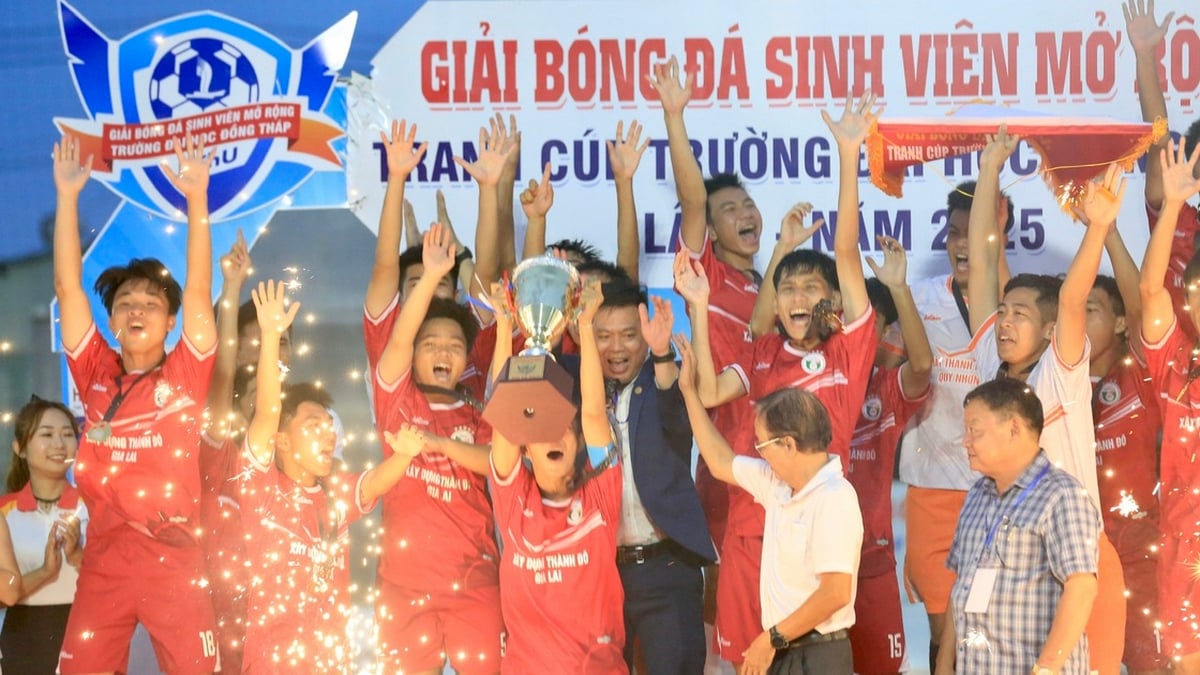

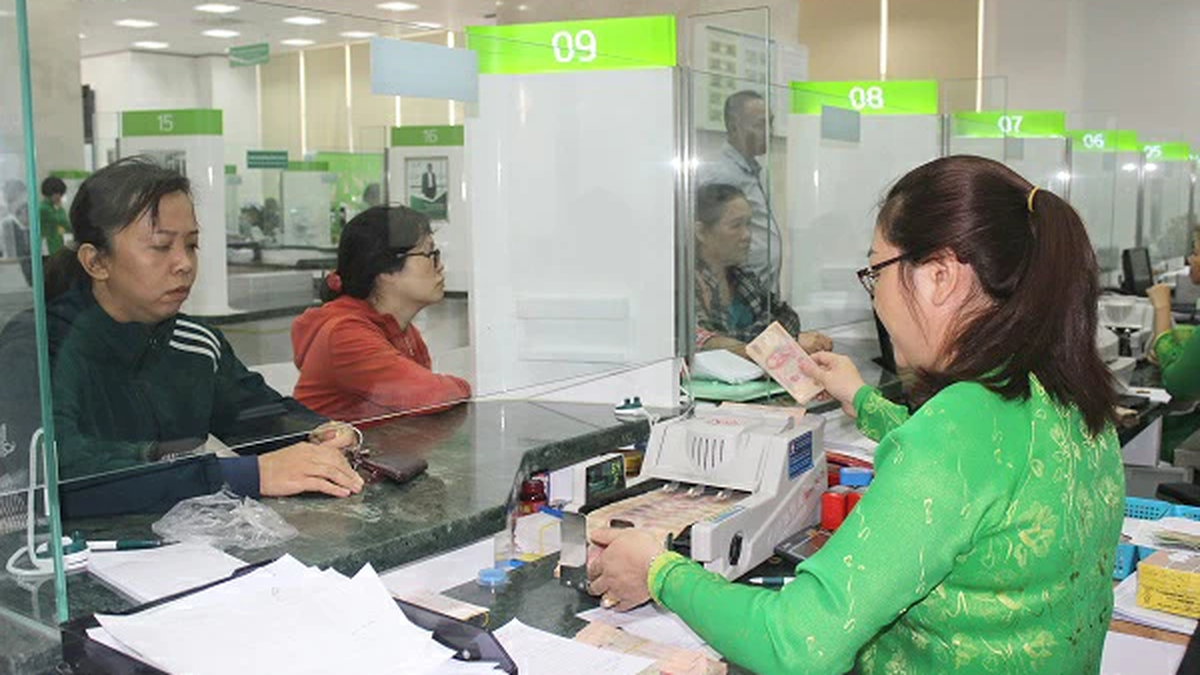
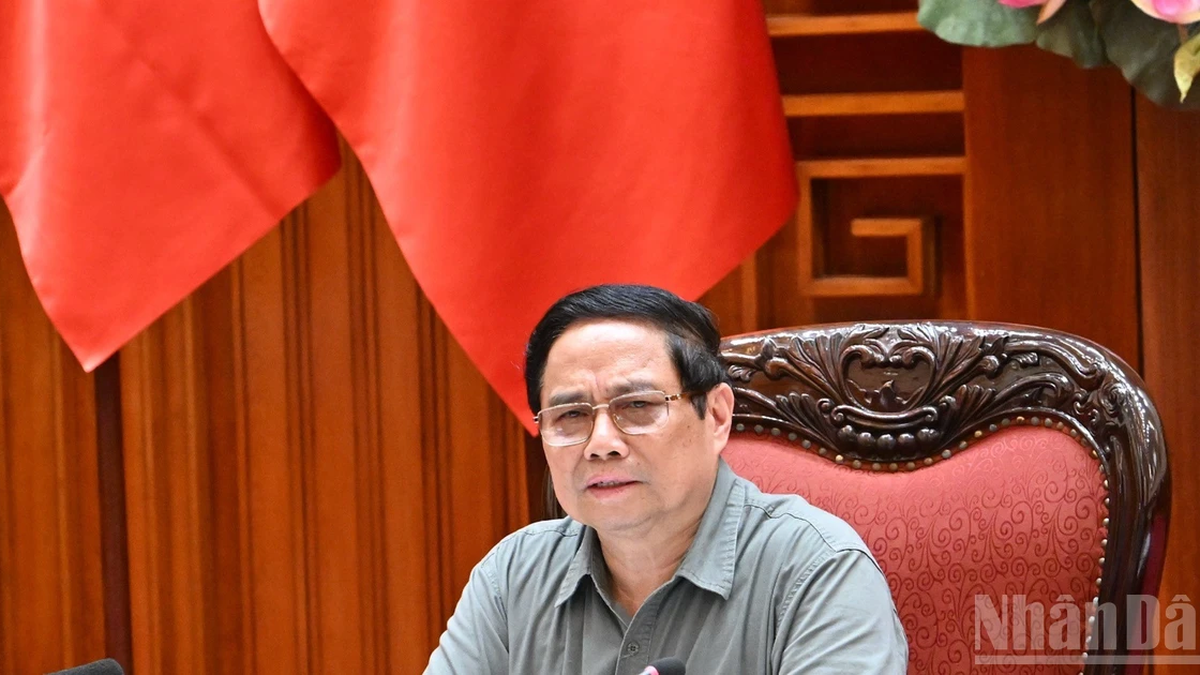
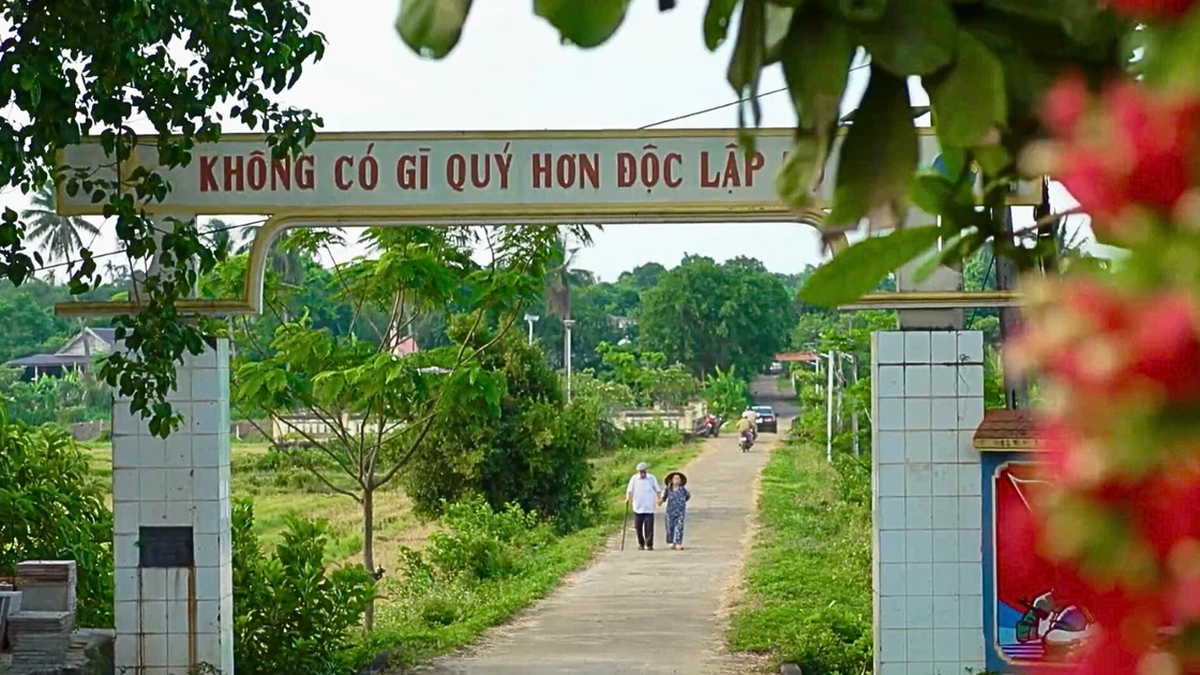



























































































Comment (0)